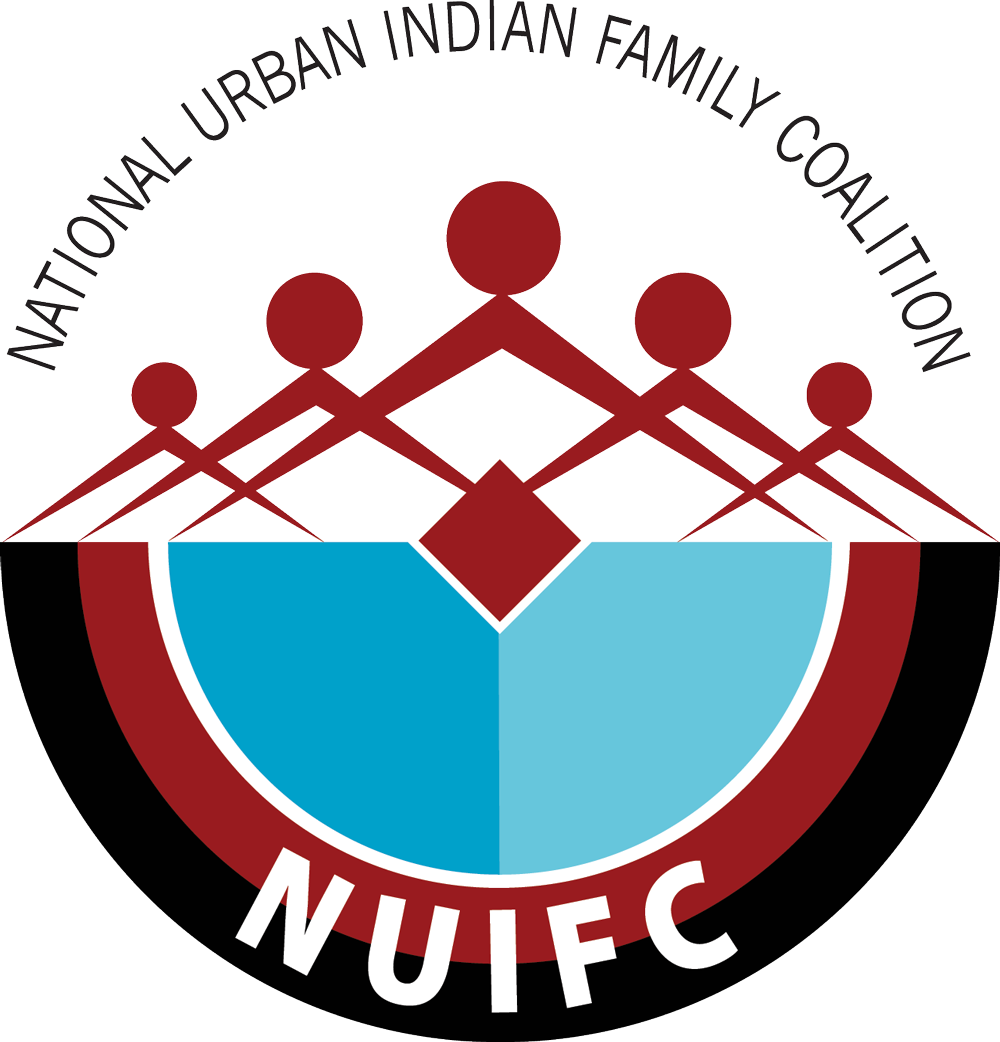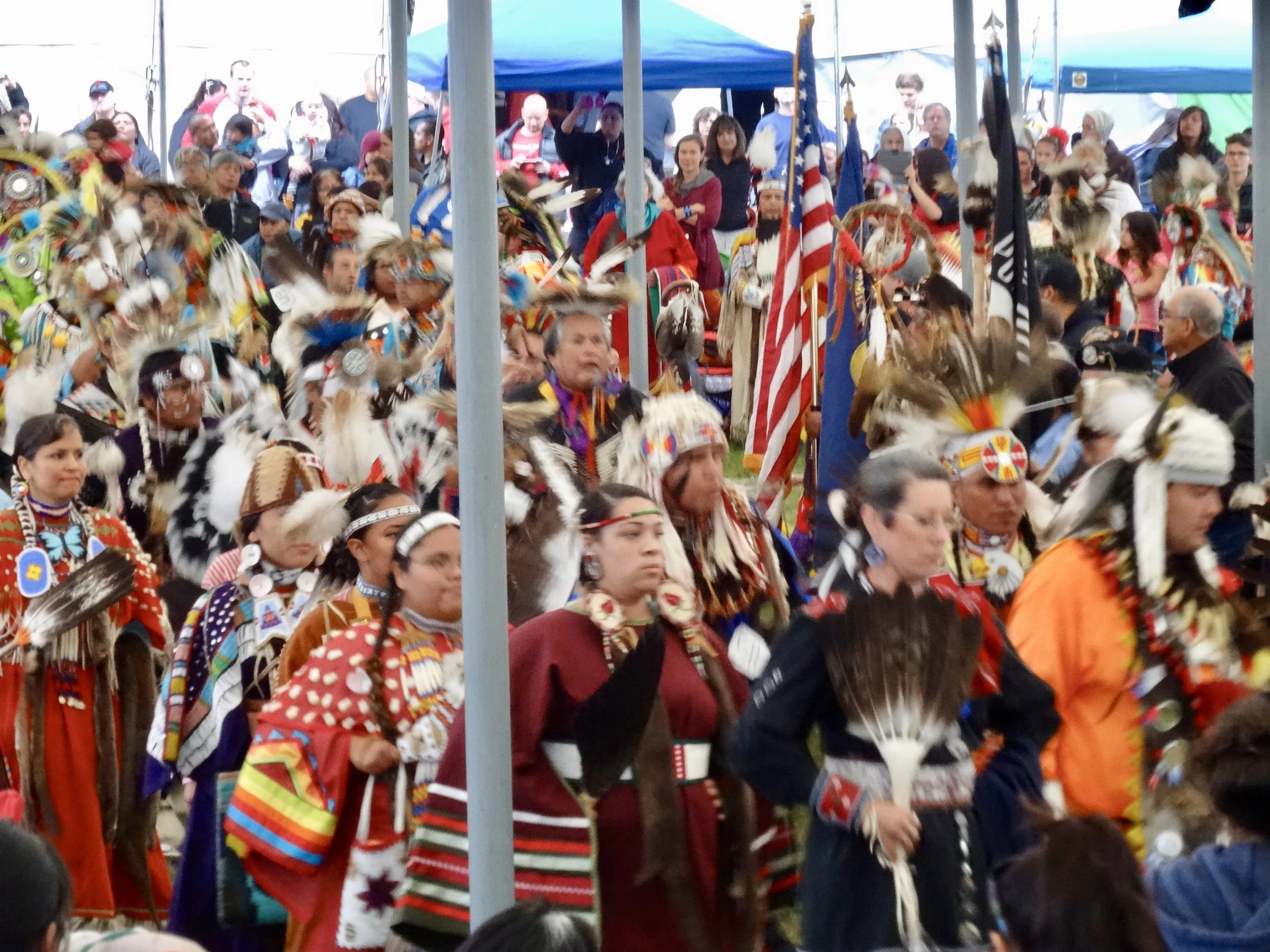LATEST REPORTS
In 2023, the National Urban Indian Family Coalition (NUIFC) celebrated five years of its groundbreaking "Democracy is Indigenous" initiative, a civic engagement program that has empowered urban Native communities across the United States. This ambitious endeavor has been instrumental in building the political power of American Indians and Alaska Natives residing in cities, who represent over 70% of the total Native population in the country. By investing nearly $7.6 million into 30 urban Native nonprofits across 19 states, NUIFC has transformed these communities into influential forces in the political landscape, ensuring that their voices are heard and their needs addressed in local, state, and national elections.
In 2022, the National Urban Indian Family Coalition (NUIFC) continued its mission to amplify the voices of urban American Indians and Alaska Natives through targeted initiatives that strengthened civic engagement and educational opportunities. The "Democracy is Indigenous" campaign empowered Native voters across the nation, while the Weaving Digital Equity Fund provided essential digital resources to over 1,000 Native families. Additionally, the NUIFC made history by hosting the first-ever Urban Indian Education Summit in collaboration with the U.S. Department of Education, marking a significant step towards addressing the unique educational needs of urban Native students. These efforts reflect NUIFC's ongoing commitment to fostering resilience and equity in urban Indigenous communities.
A Report on the 2020 Urban Native Vote + Census
In 2020, the National Urban Indian Family Coalition (NUIFC) launched a national integrated voter engagement program and Census outreach initiative targeting 18 urban American Indian communities across the country, making up more than 1 million Native American individuals. This ambitious civic engagement endeavor was critical for urban American Indians, who make up over 70% of the total American Indian and Alaska Native (AI/AN) population in the U.S., but who are forgotten in traditional ‘Get out the Count’ and ‘Get out the Vote’ campaigns.
>> READ REPORT ONLINE
The National Urban Indian Family Coalition (NUIFC) recognizes that urban American Indian organizations have been and always will be the vanguard for responding to both embedded and imminent community needs for urban AI/AN communities. We know that these nonprofits will provide critical, on the ground responses to this national crisis and will address both immediate and future challenges for urban AI/AN communities. As a result of these significant challenges, NUIFC was compelled to act in partnership with our 40+ members and the urban communities that they serve.
In October 2018, the National Urban Indian Family Coalition (NUIFC) launched a national voter and civic engagement initiative targeting 17 urban American Indian communities across the country across the country representing nearly 850,000 Native people. This ambitious endeavor was critical for Urban American Indians, which make up over 65% of the total American Indian and Alaska Native (AI/AN) population in the U.S., but who are often not included or engaged in “get out of vote” and traditional civic engagement programs. The NUIFC invested $420,000 directly into 17 Urban Indian organizations in 16 states across the country. The organizations participating in this initiativehave a history of effectively serving their respective Native communities with a range of culturally-responsiveservices and resources.
NOVEMBER 2018 NUIFC REPORT
Weaving Our Web: The State of Digital Inclusion in Urban Indian America, released by the NUIFC with support from Internet Essentials from Comcast, is the first in a three-part series exploring the state of digital connectedness among Native Americans who reside in cities and urban population centers. Current broadband adoption statistics reveal the Native American community faces the largest digital divide of any demographic group in the United States. Despite having a divergent experience from those living on reservations or in rural areas, the urban Indian population is often overlooked in research, and until now, digital inclusion research has been no exception. This report seeks to understand and evaluate the current landscape of technology and internet use by urban Indians and to make recommendations for further research. Using Native methodologies to ensure Indian voices directed the conversation and subsequent narrative, NUIFC convened four round-table focus groups in major geographic regions, with staff from 13 member organizations. These conversations centered on the importance of digital connectivity and the impact of digital exclusion within the urban Indian community, as well as recommendations for further exploration and analysis, and formed the basis for this report.
A newly released report – the first of its kind – highlights the challenges facing urban Native American youth in public schools and showcases seven alternative public education programs that are having a positive impact in addressing these challenges.
The report, Resurgence: Restructuring Urban American Indian Education, was released today by the National Urban Indian Family Coalition (NUIFC). It tracks the history of the U.S. public education system’s relationship with Native American communities and the on-going disparities that exist within academic achievement data for urban American Indian students, commonly referred to as “the achievement gap.” The report acknowledges that educators and administrators have worked tirelessly with policy officials and the philanthropic community to reform the system to close this achievement gap, but it still persists for all students of color and is especially bleak for urban American Indian students.
The report identifies six major urban centers that have high concentrations of American Indian students who attend local public schools and investigates seven alternative education programs being offered to these students in each place. These alternative education programs leverage traditional indigenous culture as a means of securing academic achievement and have earned respect and wide-spread support by the urban American Indian communities that they serve.
The six major urban centers included in the report: Denver, Colorado; Seattle, Washington; Albuquerque, New Mexico; Portland, Oregon; Minneapolis, Minnesota and Los Angeles, California.
The National Urban Indian Family Coalition (NUIFC) advocates for American Indian families living in urban areas by creating partnerships with tribes, as well as other American Indian organizations, and by conducting research to better understand the barriers, issues, and opportunities facing urban American Indian families. Program models, policy critiques, and best practices will be developed through sharing data with participating organizations. We envision building a network of urban American Indian Organizations to strengthen urban American Indian families by reinforcing cultural identity, education, and healthy families while respectfully working to harmoniously bridge the gap between tribal governments and other institutions. Ultimately, we seek to strengthen the voices of urban American Indian peoples and their access to resources.
Despite the fact that “urban Indians” now constitute some 50% of the overall American Indian and Alaskan Native (AI/AN, also referred to throughout as “Indian” and “Native”) population in the United States, reliable data on the characteristics of this population do not exist. Certainly, a number of reports about urban Natives have been produced over the years; notably, the status and wellbeing of urban Indian families has been discussed in a 1998 special edition of the American Indian Culture and Research Journal, American Indian Policy Center (2000), Willeto and Goodluck (2003), Besaw et al. (2004), Annie E. Casey Foundation (2005), and Huenemann (2005). While valuable, these reports tend to aggregate data statewide and/or nationally, and in so doing, ignore potentially important differences between Indian communities in different urban centers and between urban Indians and Indians residing on tribal lands. As a result, there is limited information with which to address important service, outreach, and political concerns of Indian people in America’s largest urban centers.
Recent Publications
The National Urban Indian Family Coalition (NUIFC) advocates for American Indian families living in urban areas by creating partnerships with tribes, as well as other American Indian organizations, and by conducting research to better understand the barriers, issues, and opportunities facing urban American Indian families. Program models, policy critiques, and best practices will be developed through sharing data with participating organizations. We envision building a network of urban American Indian Organizations to strengthen urban American Indian families by reinforcing cultural identity, education, and healthy families while respectfully working to harmoniously bridge the gap between tribal governments and other institutions. Ultimately, we seek to strengthen the voices of urban American Indian peoples and their access to resources.










